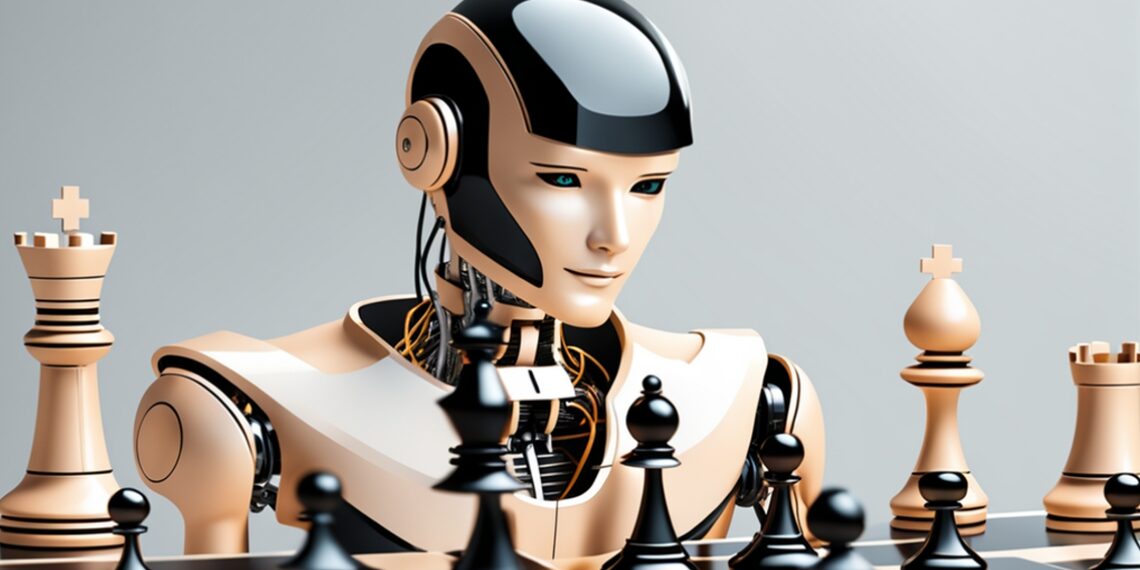A group of scientists has developed a checklist to judge whether or not an AI has achieved consciousness. The checklist is based on six neuroscience theories of consciousness and aims to provide a way to determine if an AI system is conscious.
The scientists published their provisional guidelines in a preprint repository, stating the importance of identifying consciousness in AI systems and addressing the moral implications of labeling something as conscious. They also highlighted the lack of effort by AI companies to evaluate AI models for consciousness and to plan for it.
The checklist focuses on the “phenomenal consciousness” of AI systems, which refers to their subjective experience. The scientists argue that using a theory-heavy approach is more effective than behavioral tests, as AI systems can easily mimic human behavior. They selected six theories, including the global workspace theory, and extracted consciousness indicators from them.
The scientists acknowledge that their paper is not a final assessment and invite other researchers to refine their methodology. They applied the criteria to existing AI systems, such as ChatGPT, but concluded that no existing AI system is a candidate for consciousness at the moment.
The whytry.ai article you just read is a brief synopsis; the original article can be found here: Read the Full Article…





